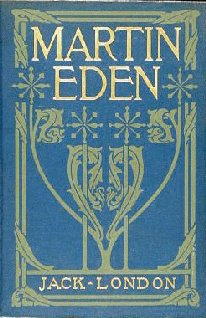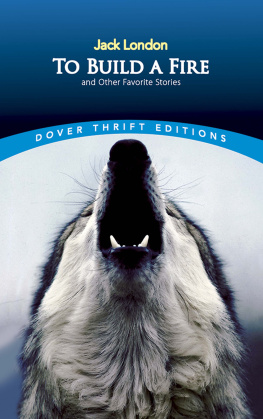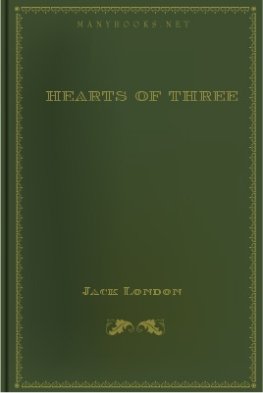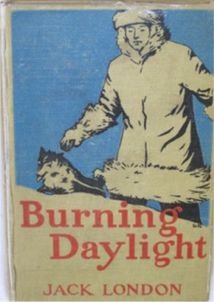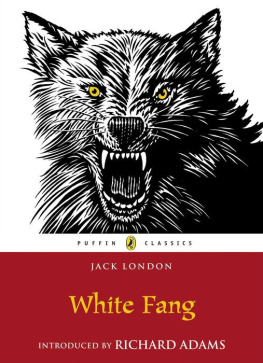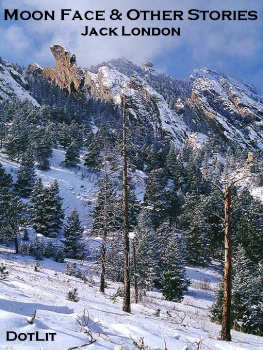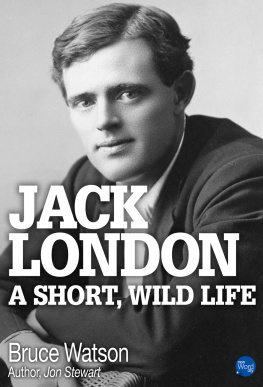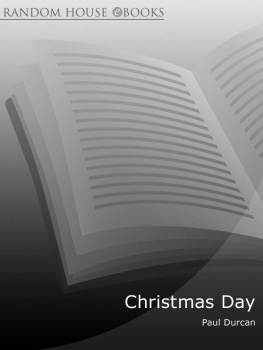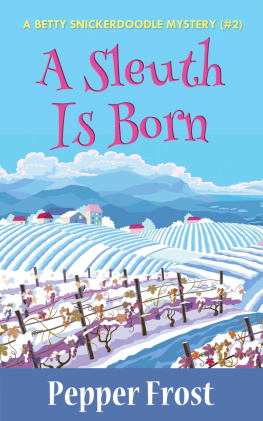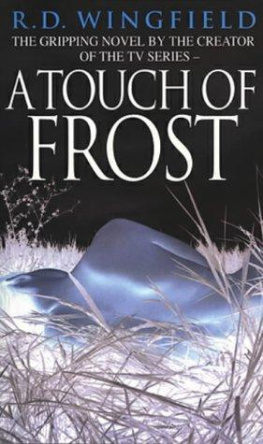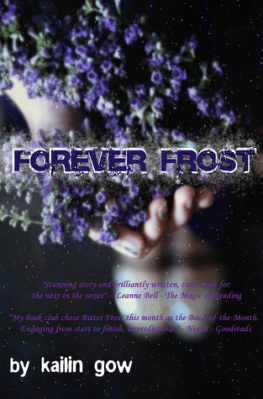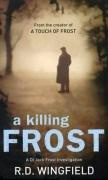Jack London - Children of the Frost
Here you can read online Jack London - Children of the Frost full text of the book (entire story) in english for free. Download pdf and epub, get meaning, cover and reviews about this ebook. genre: Prose. Description of the work, (preface) as well as reviews are available. Best literature library LitArk.com created for fans of good reading and offers a wide selection of genres:
Romance novel
Science fiction
Adventure
Detective
Science
History
Home and family
Prose
Art
Politics
Computer
Non-fiction
Religion
Business
Children
Humor
Choose a favorite category and find really read worthwhile books. Enjoy immersion in the world of imagination, feel the emotions of the characters or learn something new for yourself, make an fascinating discovery.

- Book:Children of the Frost
- Author:
- Genre:
- Rating:5 / 5
- Favourites:Add to favourites
- Your mark:
- 100
- 1
- 2
- 3
- 4
- 5
Children of the Frost: summary, description and annotation
We offer to read an annotation, description, summary or preface (depends on what the author of the book "Children of the Frost" wrote himself). If you haven't found the necessary information about the book — write in the comments, we will try to find it.
Children of the Frost — read online for free the complete book (whole text) full work
Below is the text of the book, divided by pages. System saving the place of the last page read, allows you to conveniently read the book "Children of the Frost" online for free, without having to search again every time where you left off. Put a bookmark, and you can go to the page where you finished reading at any time.
Font size:
Interval:
Bookmark:
Children of the Frost
by Jack London
In The Forests Of The North
A weary journey beyond the last scrub timber and straggling copses, into the heart of the Barrens where the niggard North is supposed to deny the Earth, are to be found great sweeps of forests and stretches of smiling land. But this the world is just beginning to know. The world's explorers have known it, from time to time, but hitherto they have never returned to tell the world.
The Barrenswell, they are the Barrens, the bad lands of the Arctic , the deserts of the Circle, the bleak and bitter home of the musk-ox and the lean plains wolf. So Avery Van Brunt found them, treeless and cheerless, sparsely clothed with moss and lichens, and altogether uninviting. At least so he found them till he penetrated to the white blank spaces on the map, and came upon undreamed-of rich spruce forests and unrecorded Eskimo tribes. It had been his intention, (and his bid for fame), to break up these white blank spaces and diversify them with the black markings of mountain-chains, sinks and basins, and sinuous river courses; and it was with added delight that he came to speculate upon the possibilities of timber belts and native villages.
Avery Van Brunt, or, in full distinction, Professor A. Van Brunt of the Geological Survey, was second in command of the expedition, and first in command of the sub-expedition which he had led on a side tour of some half a thousand miles up one of the branches of the Thelon and which he was now leading into one of his unrecorded villages. At his back plodded eight men, two of them French-Canadian voyageurs , and the remainder strapping Crees from Manitoba-way. He, alone, was full-blooded Saxon, and his blood was pounding fiercely through his veins to the traditions of his race. Clive and Hastings, Drake and Raleigh, Hengest and Horsa, walked with him. First of all men of his breed was he to enter this lone Northland village, and at the thought an exultancy came upon him, an exaltation, and his followers noted that his leg-weariness fell from him and that he insensibly quickened the pace.
The village emptied itself, and a motley crowd trooped out to meet him, men in the forefront, with bows and spears clutched menacingly, and women and children faltering timidly in the rear. Van Brunt lifted his right arm and made the universal peace sign, a sign which all peoples know, and the villagers answered in peace. But to his chagrin, a skin-clad man ran forward and thrust out his hand with a familiar "Hello." He was a bearded man, with cheeks and brow bronzed to copper-brown, and in him Van Brunt knew his kind.
"Who are you?" he asked, gripping the extended hand. "Andre?"
"Who's Andre?" the man asked back.
Van Brunt looked at him more sharply. "By George, you've been here some time."
"Five years," the man answered, a dim flicker of pride in his eyes. "But come on, let's talk."
"Let them camp alongside of me," he answered Van Brunt's glance at his party. "Old Tantlatch will take care of them. Come on."
He swung off in a long stride, Van Brunt following at his heels through the village. In irregular fashion, wherever the ground favored, the lodges of moose hide were pitched. Van Brunt ran his practised eye over them and calculated.
"Two hundred, not counting the young ones," he summed up.
The man nodded. "Pretty close to it. But here's where I live, out of the thick of it, you knowmore privacy and all that. Sit down. I'll eat with you when your men get something cooked up. I've forgotten what tea tastes like. Five years and never a taste or smell. Any tobacco? Ah, thanks, and a pipe? Good. Now for a fire-stick and we'll see if the weed has lost its cunning."
He scratched the match with the painstaking care of the woodsman, cherished its young flame as though there were never another in all the world, and drew in the first mouthful of smoke. This he retained meditatively for a time, and blew out through his pursed lips slowly and caressingly. Then his face seemed to soften as he leaned back, and a soft blur to film his eyes. He sighed heavily, happily, with immeasurable content, and then said suddenly:
"God! But that tastes good!"
Van Brunt nodded sympathetically. "Five years, you say?"
"Five years." The man sighed again. "And you, I presume, wish to know about it, being naturally curious, and this a sufficiently strange situation, and all that. But it's not much. I came in from Edmonton after musk-ox, and like Pike and the rest of them, had my mischances, only I lost my party and outfit. Starvation, hardship, the regular tale, you know, sole survivor and all that, till I crawled into Tantlatch's, here, on hand and knee."
"Five years," Van Brunt murmured retrospectively, as though turning things over in his mind.
"Five years on February last. I crossed the Great Slave early in May"
"And you are Fairfax ?" Van Brunt interjected.
The man nodded.
"Let me see John, I think it is, John Fairfax."
"How did you know?" Fairfax queried lazily, half-absorbed in curling smoke-spirals upward in the quiet air.
"The papers were full of it at the time. Prevanche"
"Prevanche!" Fairfax sat up, suddenly alert. "He was lost in the Smoke Mountains ."
"Yes, but he pulled through and came out."
Fairfax settled back again and resumed his smoke-spirals. "I am glad to hear it," he remarked reflectively. "Prevanche was a bully fellow if he did have ideas about head-straps, the beggar. And he pulled through? Well, I'm glad."
Five years the phrase drifted recurrently through Van Brunt's thought, and somehow the face of Emily Southwaithe seemed to rise up and take form before him. Five years A wedge of wild-fowl honked low overhead and at sight of the encampment veered swiftly to the north into the smouldering sun. Van Brunt could not follow them. He pulled out his watch. It was an hour past midnight. The northward clouds flushed bloodily, and rays of sombre-red shot southward, firing the gloomy woods with a lurid radiance. The air was in breathless calm, not a needle quivered, and the least sounds of the camp were distinct and clear as trumpet calls. The Crees and voyageurs felt the spirit of it and mumbled in dreamy undertones, and the cook unconsciously subdued the clatter of pot and pan. Somewhere a child was crying, and from the depths of the forest, like a silver thread, rose a woman's voice in mournful chant: "O-o-o-o-o-o-a-haa-ha-a-ha-aa-a-a, O-o-o-o-o-o-a-ha-a-ha-a."
Van Brunt shivered and rubbed the backs of his hands briskly.
"And they gave me up for dead?" his companion asked slowly.
"Well, you never came back, so your friends"
"Promptly forgot." Fairfax laughed harshly, defiantly.
"Why didn't you come out?"
"Partly disinclination, I suppose, and partly because of circumstances over which I had no control. You see, Tantlatch, here, was down with a broken leg when I made his acquaintance,a nasty fracture,and I set it for him and got him into shape. I stayed some time, getting my strength back. I was the first white man he had seen, and of course I seemed very wise and showed his people no end of things. Coached them up in military tactics, among other things, so that they conquered the four other tribal villages, (which you have not yet seen), and came to rule the land. And they naturally grew to think a good deal of me, so much so that when I was ready to go they wouldn't hear of it. Were most hospitable, in fact. Put a couple of guards over me and watched me day and night. And then Tantlatch offered me inducements,in a sense, inducements,so to say, and as it didn't matter much one way or the other, I reconciled myself to remaining."
"I knew your brother at Freiburg . I am Van Brunt."
Fairfax reached forward impulsively and shook his hand. "You were Billy's friend, eh? Poor Billy! He spoke of you often."
Font size:
Interval:
Bookmark:
Similar books «Children of the Frost»
Look at similar books to Children of the Frost. We have selected literature similar in name and meaning in the hope of providing readers with more options to find new, interesting, not yet read works.
Discussion, reviews of the book Children of the Frost and just readers' own opinions. Leave your comments, write what you think about the work, its meaning or the main characters. Specify what exactly you liked and what you didn't like, and why you think so.

